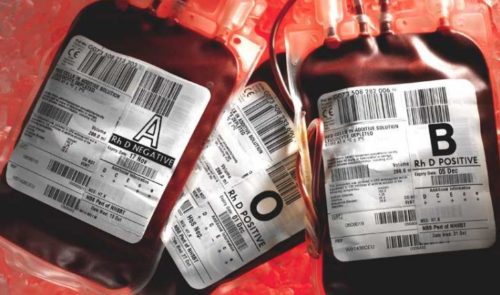
Research by Charles G. Smith and his team in the Department of Physics led to spin-out company Cavendish Kinetics and the development of digital variable capacitor products used in over 35 million phones worldwide by 2019.
These capacitors increase the speed at which data can be sent and received; reduce the power required to send and receive signals, increasing efficiency by as much as 100% versus broadband antennas; and significantly reduce CO2 emissions by an estimated combined 2 million kg of CO2 emissions per year from the energy saved in all those phones.
The developments are based on research aimed at pushing for the smallest possible micro-electromechanical (MEMS) switches. MEMS devices allow mobile phone switches to operate with low distortion of signals and at high speeds, with very low leakage of power when the switch is off and no unwanted dissipation of power when the switch is on.
The early technological developments pioneered by Smith’s team included the control of contact roughness, cantilever switching and design, and the use of complementary metal-oxide semiconductor deposition techniques found in standard semiconductor foundries, resulting in fast, low-cost MEMS switches that could be switched billions of times before failure, and opening up a large market for use on mobile phones.
Cavendish Kinetics had a total estimated turnover from March 2014 to March 2019 of $17 million, employing a workforce of 52 (an increase of 19 within the period). In October 2019, Qorvo Inc fully acquired Cavendish Kinetics for over $300 million.


